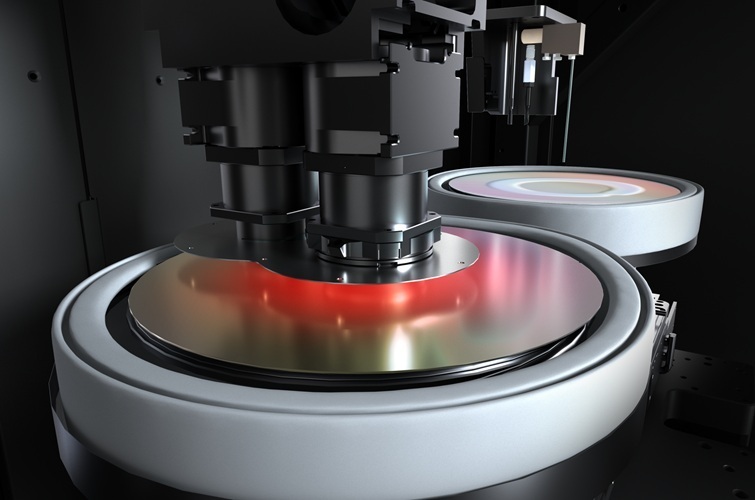New Error-Corrected Method to Help Detect Cancer from Blood Samples Alone
Posted on 16 Apr 2025
"Liquid biopsy" technology, which relies on blood tests for early cancer detection and monitoring cancer burden in patients, has the potential to transform cancer care. However, detecting the mutational signatures of cancer from tiny amounts of tumor DNA in blood samples has posed significant challenges. Now, a new study published in Nature Methods introduces a new error-corrected method for cancer detection from blood samples that is far more sensitive and accurate than previous techniques, potentially offering a valuable tool for monitoring disease status in patients after treatment.
For nearly a decade, researchers at Weill Cornell Medicine (New York, NY, USA) and the New York Genome Center (NYGC, New York, NY, USA) have been working on methods based on whole-genome sequencing, rather than the more traditional approach of targeted sequencing focused on specific regions of DNA where mutations are expected. In a prior study, they demonstrated that it was possible to detect advanced melanoma and lung cancer in blood samples from patients, even without access to sequence data from the tumors. In their most recent study, the researchers benchmarked the performance of a new commercial sequencing platform developed by Ultima Genomics (Fremont, CA, USA). They showed that this affordable platform offers a high “depth” of coverage, meaning high-quality sequencing data, which enables the detection of extremely low concentrations of circulating tumor DNA. By incorporating an error-correcting method, they significantly enhanced the accuracy of the technique.

In this study, the researchers first highlighted that the low cost of the new sequencing platform enables whole-genome sequencing at a depth that would have been too expensive with older technologies. Using this platform alone, and guided by known mutational patterns from patient tumors, they were able to detect tumor DNA in blood samples at concentrations as low as part per million. The blood samples used in the study were collected after obtaining informed consent from the patients. The team then improved the accuracy of the approach with an error-correction method that leverages the redundant information in natural two-stranded DNA. They demonstrated that the combined technique offers remarkably low error rates, making it feasible to use on blood samples even without access to tumor tissue. In collaboration with other research groups, the team successfully applied this high-sensitivity, low-error method to detect and assess very low levels of cancer in patients with bladder cancer and melanoma using blood samples alone.
“We’re now entering an era of low-cost DNA sequencing, and in this study, we took advantage of that to apply whole-genome sequencing techniques that in the past would have been considered wildly impractical,” said senior author Dr. Dan Landau. “These results allow us to think about a future in which we can detect and track cancer from blood tests alone.”
Related Links:
Weill Cornell Medicine
NYGC
Ultima Genomics













